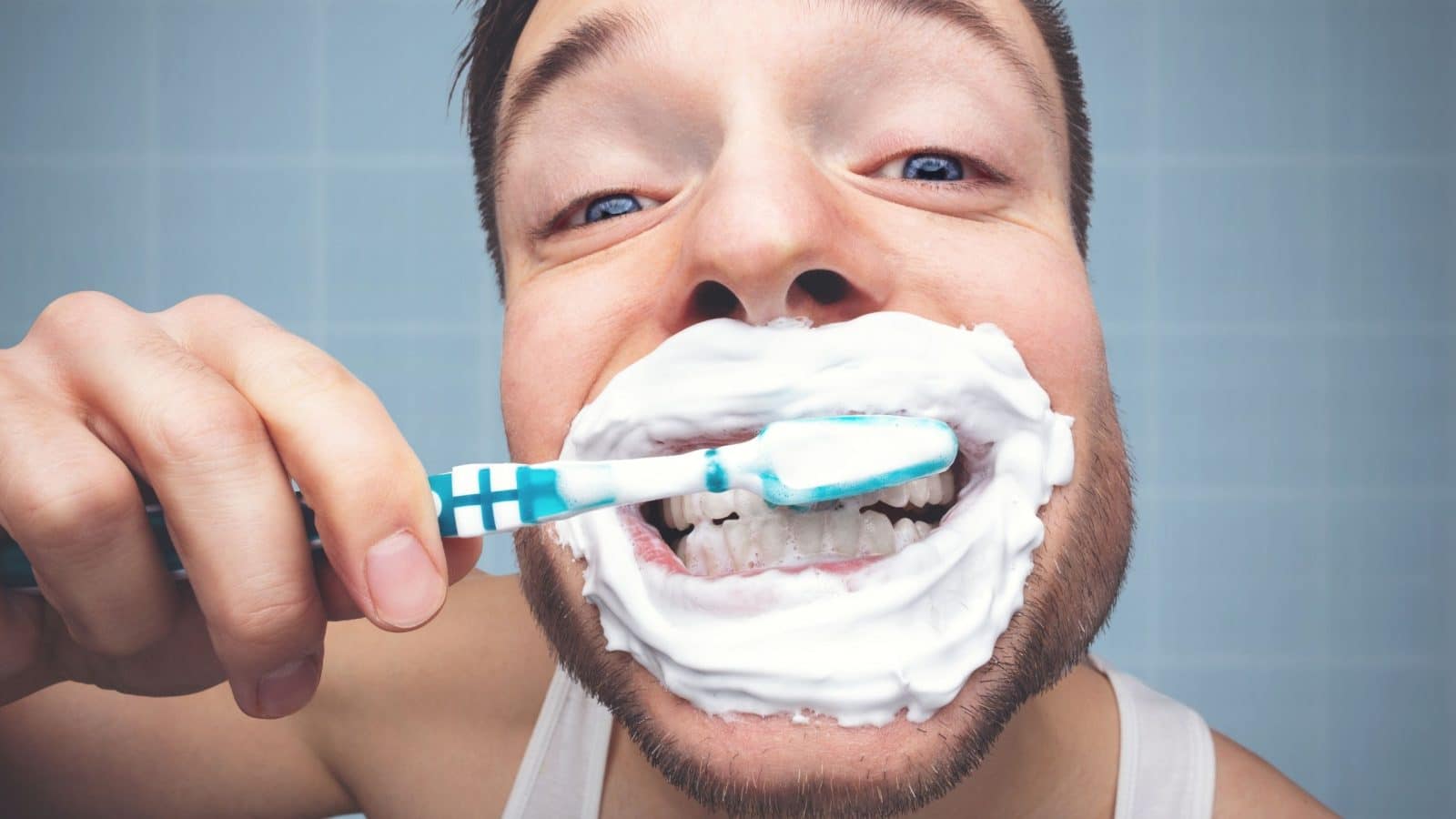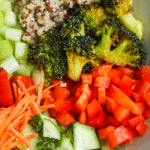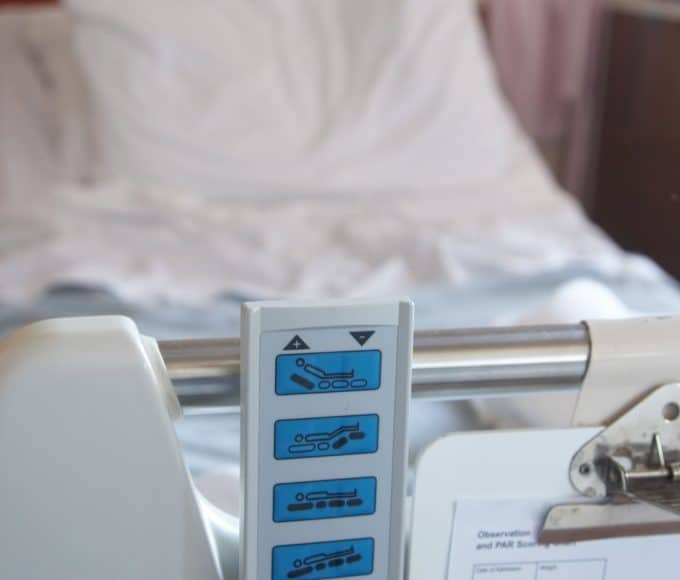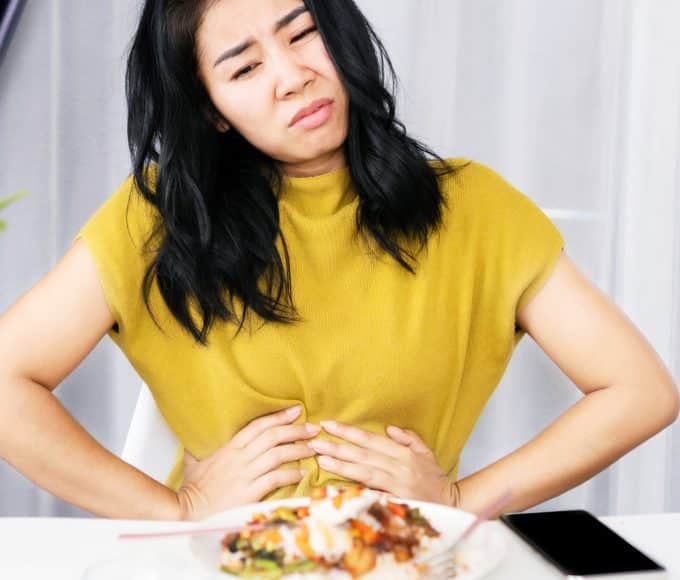We always hear from motivational gurus and self-help books about how important it is to incorporate good habits in our daily lives. Good habits help us live better, healthier and a more successful life. But what if these good habits do more harm than good? We need to flip the coin and look at both sides, because a lot of things are only good on the surface. Here are seemingly good habits that are bad for you.
Video Overview
Brushing teeth right after meals
Many types of food and drink can weaken our enamel. These include soft drinks, fruit juices, citrus fruits, sour gummies and candies, and moderately acidic foods such as tomatoes, cottage cheese, yogurt, raisins and more. Brushing your teeth right after meals when the enamel is soft can actually wreak havoc on your teeth.
Sitting straight
Contrary to popular belief, sitting too straight isn’t the best sitting position long term. According to a study, it is actually the worst for your back, and is even more harmful than slouching. It leads to spinal deformities and chronic pain. The ideal sitting position would be to lean back slightly at around 135 degree angle.
Using hand sanitizers
Due to the current pandemic, hand sanitizers have become popular and in demand. However, hand sanitizers contain triclosan, an antibacterial compound that kills germs. FDA warns that triclosan can cause bacteria to become antibiotic-resistant overtime. It also lowers your resistance to infection by killing off the good bacteria in your body. Proper handwashing still stands as the best method for cleaning your hands.
Cutting out fats from your diet
When we think of weight loss, we automatically think of adopting a low fat diet. However, medical studies actually advise against this. Good fats like Omega 3’s and Omega 7’s are very valuable for heart and cardiovascular health. They also lower the risk for certain diseases. Whereas bad fat such as trans fats, i.e. oxidized, heated, inflammatory fats, should be avoided as much as possible. Instead of cutting out fats, we should add beneficial fats to our diet instead.
Drinking diet soda
Just because it has the word “diet” in it doesn’t mean it’s effective for weight loss. On the contrary, drinking diet soda defeats the purpose of dieting. Diet sodas have no sugar and no calories, but they contain artificial sweeteners that actually increase hunger and cravings for high calorie food. They increase your risk of developing certain conditions like metabolic syndrome, diabetes, and here’s another surprise… the much dreaded belly fat. To lose weight successfully, check out our post, 5 Tips For Maximizing Your Weight Loss. To learn more about speeding up your metabolism, check out this awesome post: Is It Possible To Revive A Slow Metabolism?
Applying Sunscreen everytime you go out
We all know that too much sun exposure can damage the skin and even cause the much dreaded skin cancer. While that may be true, slathering on sunscreen everytime you go out is not advisable. Soaking up sunlight is actually beneficial to our health. The sun is the best source of Vitamin D, an essential nutrient that prevents a lot of diseases and also helps boost the immune system. Experts recommend 15-20 minutes of daily sun exposure for optimum health. But for midday sun, limit to only 10 minutes of exposure before covering up with sunscreen. In addition, getting your daily dose of sunlight also helps to improve your mood and alleviate anxiety and depression.
Drinking too much water
We all know that water is essential for life. Without it, everyone on the planet will be dead. But as the saying goes, too much of a good thing may be bad for you. While drinking water is super important for survival, too much water in our body causes water intoxication, the state where an imbalance of electrolytes occurs as a result of excessive water intake. Electrolyte imbalance is fatal when not addressed right away. A good example of this is Hyponatremia. When there is too much water, the kidneys have a hard time getting rid of this excess, and this in turn dilutes the sodium content in our blood. Hyponatremia can be life threatening.
So often, things that are seemingly good are actually harmful. There is a lot of misinformation and misconception out there that needs to be corrected. By doing research and learning the real facts, we are contributing in that direction. Let’s do our part in spreading factual information. Your life and the lives of your loved ones may depend on it.














